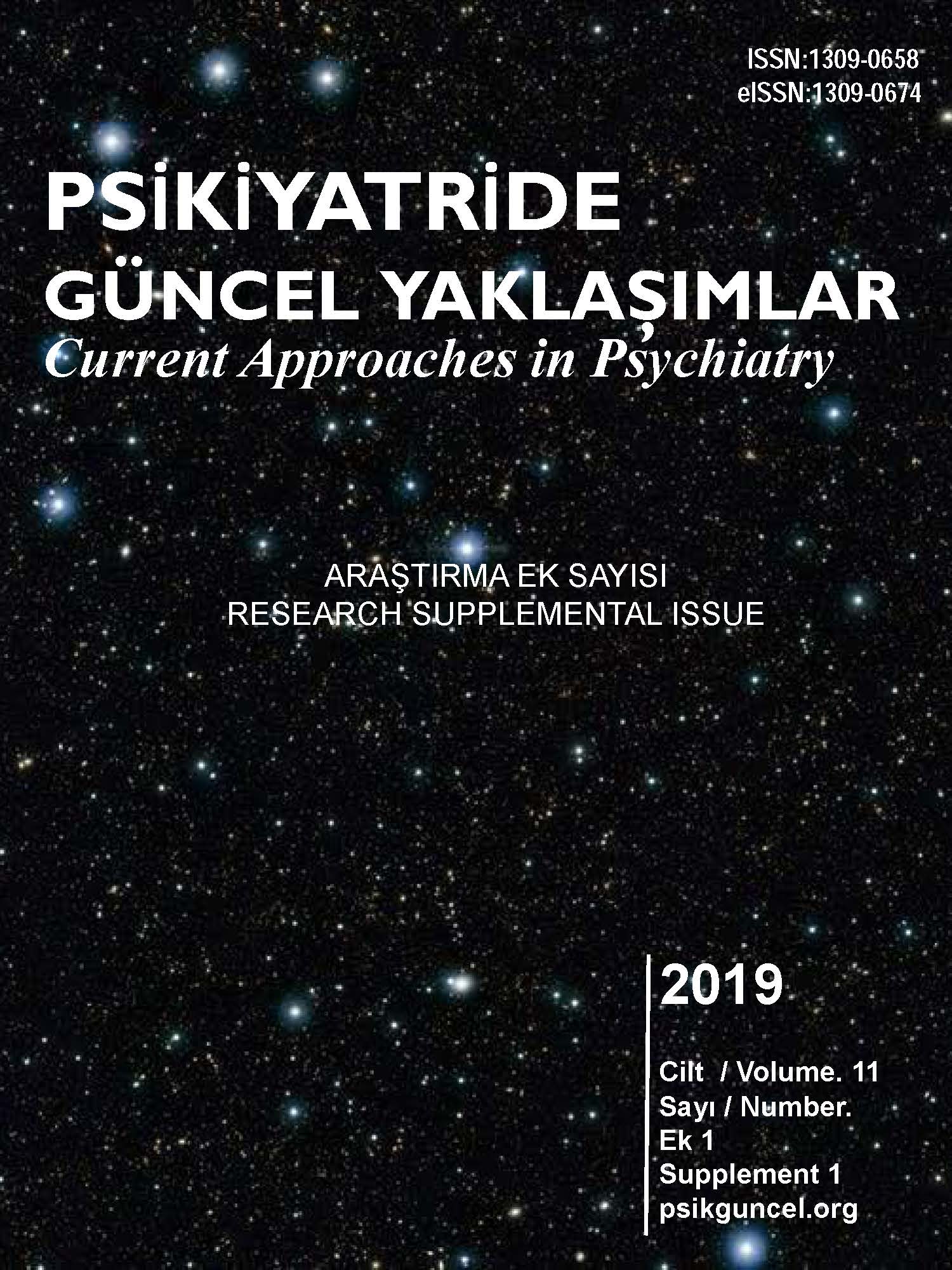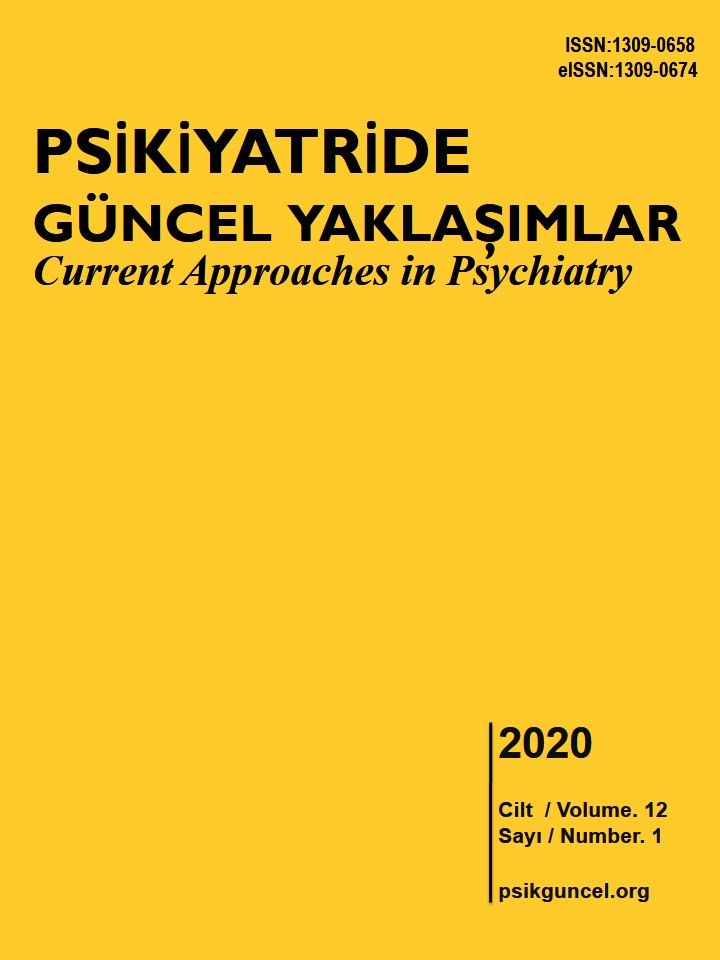Recovery in Mental Illness: Concept Analysis
Author(s): Reyhan Doğan,Neşe Mercan,Çiğdem Yüksel / Language(s): English
/ Issue: 1/2020
Keywords: recovery; mental illness;concept analysis;
The concept of recovery is used by different disciplines. In the mental health field, various definitions are encountered for recovery. The meaning of recovery is unique for every individual with mental illness and there is no universal definition for it. In the field of mental health, it seems to have more than one sense of recovery from the view of the person, his/her family, health professional and clinic perspective. It is of great importance to clarify the concept of recovery in order for health professionals to construct practical, concrete interventions that are built on the definition of recovery and also specific to the individual with mental illness. The aim of this study is to analyze the concept of recovery in mental illnesses. Concept of recovery was examined by Walker and Avant's concept analysis method. By reviewing the literature; between May -September 2018, in Pubmed, Science Direct, Ovid and Google Academic databases with key words of “recovery, healing, wellness, mental health, concept analysis” and 5 Turkish and 18 English articles, 2 books, Turkish Language Institution dictionary and the Oxford English Dictionary were reached and examined. The analysis is carried out according to Walker and Avant’s concept analysis method and in the first step, the concept is selected as 'recovery' and in the second step the purpose of concept analysis is determined. In the third step, lexical definition of the concept of recovery determined and all uses of concept that may be discovered is identified. In the fourth step, the defining attributes of the concept are determined as individual, hope, meaning, relationship, support, empowerment. In the fifth and sixth steps, the concept is discussed in terms of defining attributes in a model case, in borderline case and contrary case. In the seventh step, the anteceden factors leading to the emergence of the concept are trust, acceptance, respect, human rights, culture and recovery programs; the consequences that emerged after recovery has been identified as insight, coping, responsibility and functionality. In the last step, empirical referens are defined and various measurement tools were introduced to evaluate recovery. It is thought that a detailed concept analysis of recovery in mental illnesses will contribute to both clarification of the concept and presentation of recovery-focused services in the mental health field.
More...


